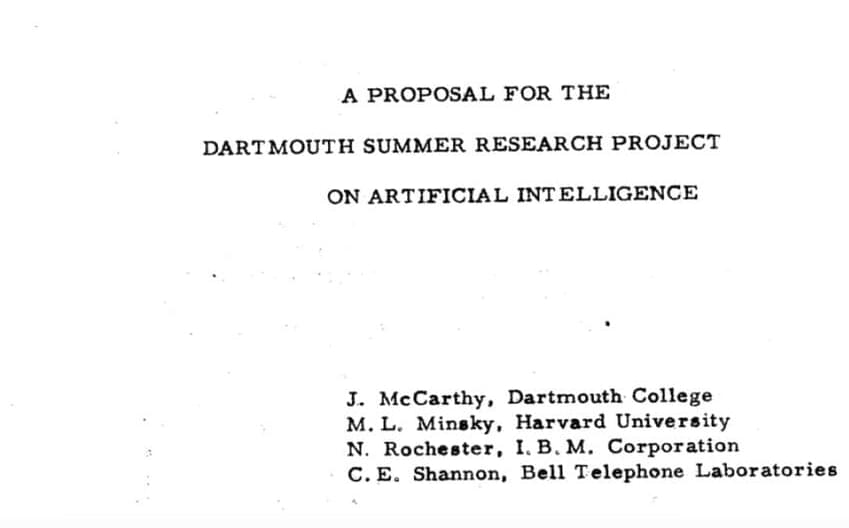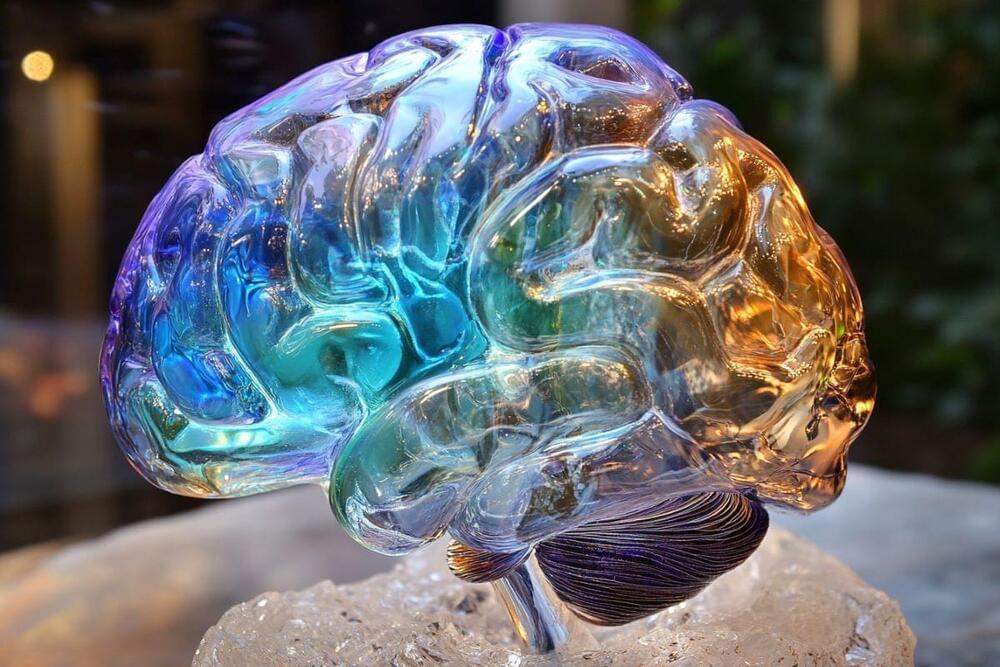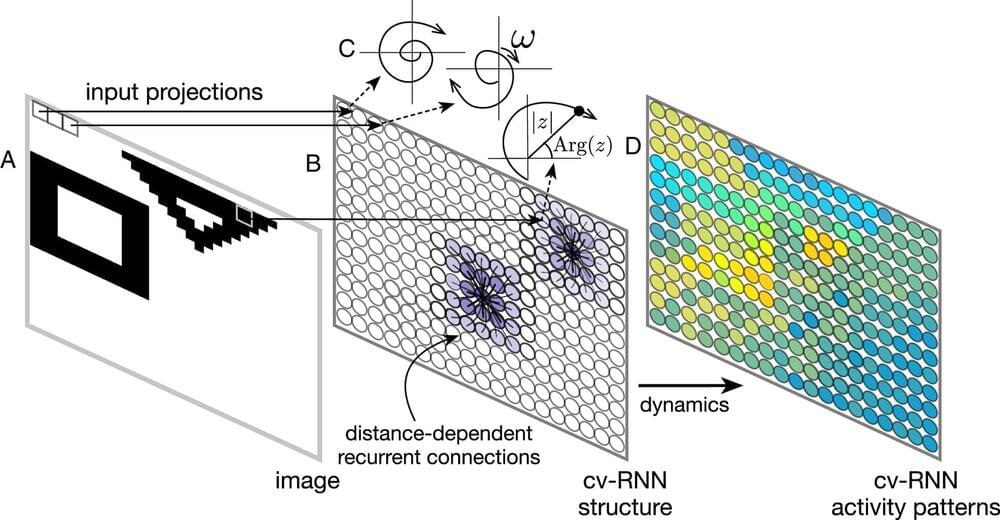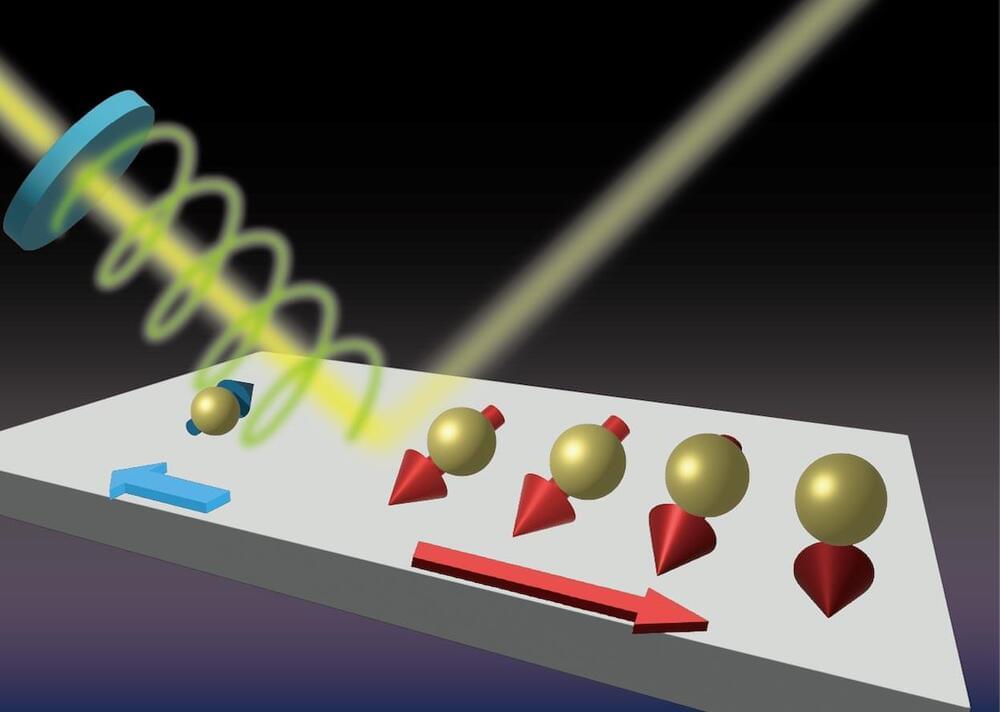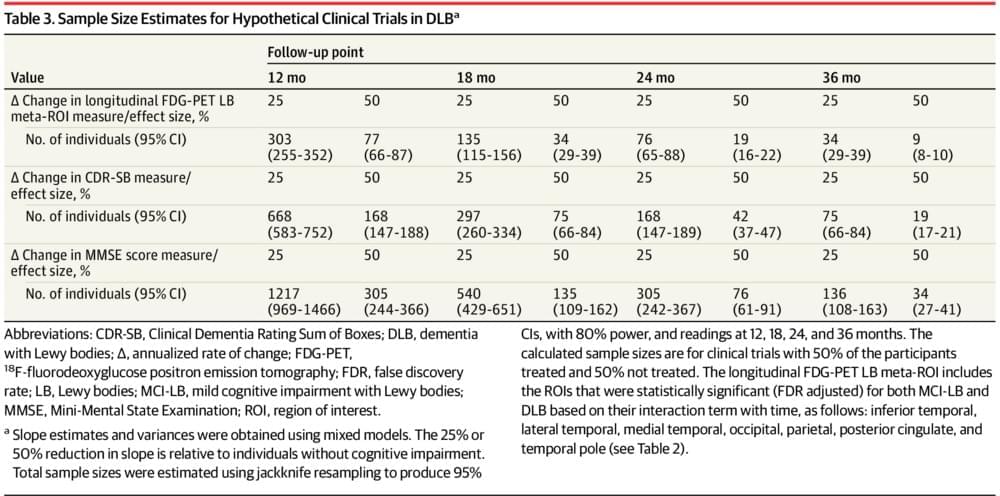–
They found that when people with aphantasia try to conjure an image in their mind’s eye, the primary visual cortex – the part of the brain that processes picture-like visual information – is activated, but any images that are produced remain unconscious to the individual.
Published today in Current Biology, opens in a new window, the study, carried out by scientists at UNSW and South China Normal University, used a range of techniques to measure brain activity. Their findings challenge the existing theory that activity in the primary visual cortex directly produces conscious visual imagery.
“People with aphantasia actually do seem to have images of a sort, they remain too weak or distorted to become conscious or be measured by our standard measurement techniques,” says Prof. Joel Pearson, a co-author of the study based at UNSW’s School of Psychology, opens in a new window. “This may be because the visual cortex is wired differently, as evidenced by the data in this new study. This research not only deepens our understanding of the brain but also pushes the boundaries of how we think about imagination and consciousness.”
People with aphantasia still have a blueprint for mental imagery, even if they can’t consciously ‘see’ it.
